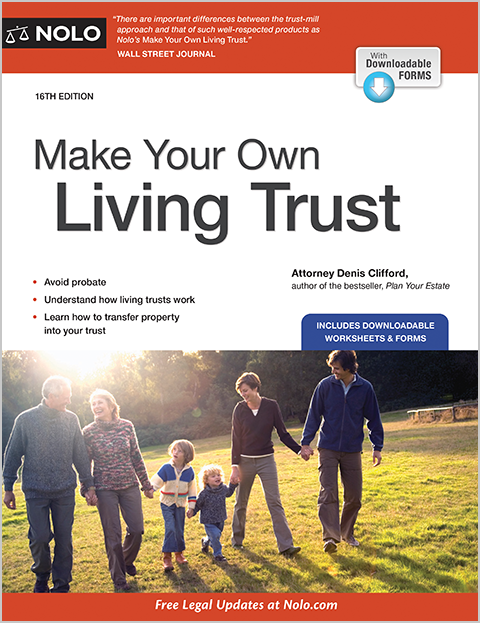Delaware no longer levies an estate tax.
Update: Effective January 1, 2018, the Delaware estate tax was repealed. However, the estates of those who died in 2017 or earlier might still owe Delaware estate taxes. Read on for information on how the Delaware estate tax applied to the estates of those who died before 2018.
For deaths in 2017, estates with a total value of more than $5.49 million may be subject to the Delaware estate tax. (The exempt amount for 2016 was $5.45 million.)
An estate could owe Delaware estate tax even if the deceased person was not a state resident. If that person owned valuable real estate in Delaware or had other tangible assets there, the estate may have to file a return.
Will the Estate Have to File a Delaware Return?
For deaths in 2017, if a gross estate was worth more than $5.49 million the executor must file a Delaware estate tax return. The gross estate includes just about everything a person owns at death. It doesn't matter, for tax purposes, whether or not an asset goes through probate.
A gross estate includes:
- Real estate
- Bank accounts, certificates of deposit, and investment accounts
- Stocks and bonds
- Vehicles and other personal property
- Proceeds of life insurance policies on the deceased's life, unless that person didn't own the policy
- Retirement account funds
- Business interests (sole proprietorship, limited liability company, or small corporation)
- The value of a life insurance policy on the deceased's life, unless the ownership was transferred to someone else
For assets that are owned jointly with someone else, only the deceased's interest is included. For example, if Sam and Joe own a house together, at Sam's death only half of its value would be included in her estate.
Will the Estate Owe Tax?
Not all estates that must file a tax return end up owing Delaware estate tax. That's because a number of deductions, subtracted from the gross estate, can reduce the size of the taxable estate. For deaths in 2017, if the value of the taxable estate is less than $5.49 million, no estate tax will be due.
The most common and important deduction comes from the fact that all property left to a surviving spouse is exempt from state estate tax. So if the deceased person left everything to his or her spouse, no estate tax (state or federal) will be due. The value of certain farmland can also be deducted.
Preparing and Filing an Estate Tax Return
If a Delaware estate tax return is necessary, it's the job of the executor to file it and to pay (from estate assets) any tax due. The deadline is nine months after the date of death unless the state grants an extension. The executor will need to hire expert help, probably from an experienced estate administration lawyer, to prepare the return. The expert's fee can be paid from the estate's assets.
Ready to create your will?



